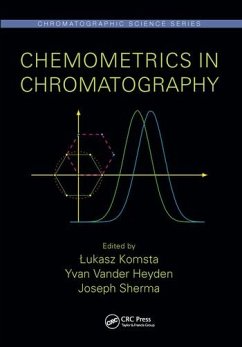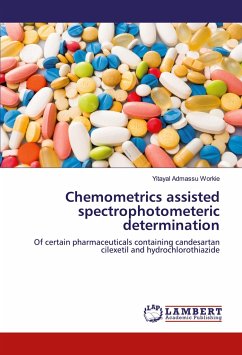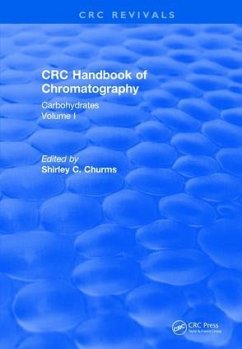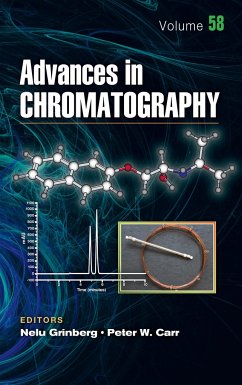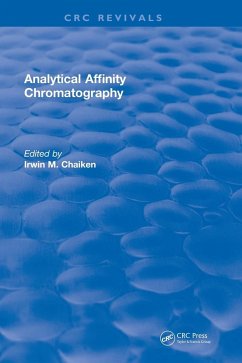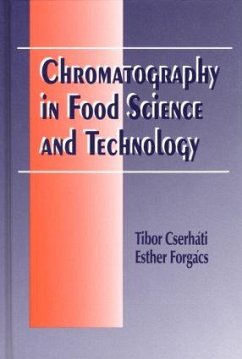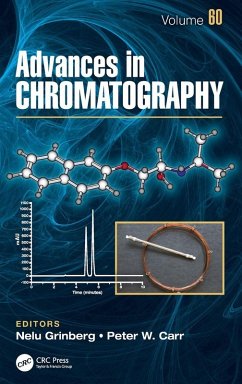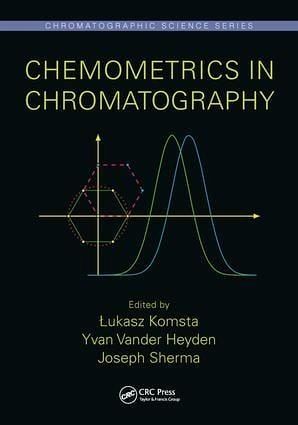
Chemometrics in Chromatography
Versandkostenfrei!
Versandfertig in 1-2 Wochen
292,99 €
inkl. MwSt.
Weitere Ausgaben:

PAYBACK Punkte
146 °P sammeln!
An up-to-date reference that presents the most important information about each area of chemometrics used in chromatography, demonstrating its effective use when applied to a chromatographic separation.




